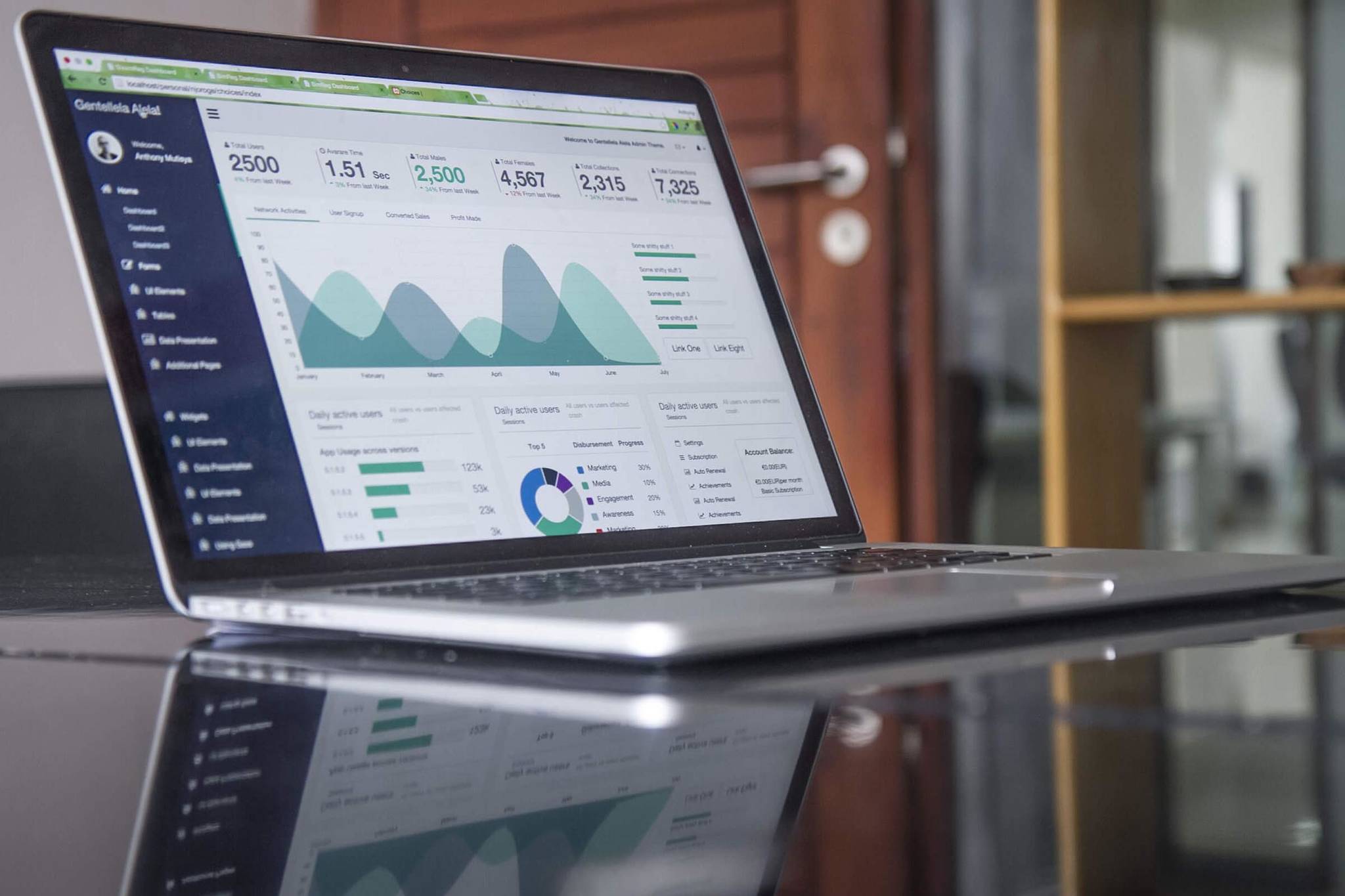In the space of a few short months, our world has been abruptly upended.
On March 11, the World Health Organization officially declared the coronavirus — COVID-19 — a worldwide pandemic due to its “alarming levels of spread and severity” as well as “alarming levels of inaction.”
It will be some time before we know if Americans will remember this 3-11 event in the same way as 9-11.
If there ever were a time for all Alaskans to come together, this is it. We did it after 9-11 and after earthquakes struck Alaska. We can do it again.
It’s clear now this virus is far more dangerous than the ordinary flu. In the weeks and months ahead, we must rely on medical professionals at the local, state and national level to guide us so that, whatever the outcome, the threat to life and health will be minimized.
In the meantime, we also need to deal with the unprecedented economic damage, the effects of which in Alaska will be immediate, severe and extensive.
Experts are now calling for dramatically lower crude prices as major OPEC and non-OPEC producers failed to reach an agreement to support the oil market as global demand plummeted.
With Alaska North Slope oil prices below $30/barrel, our state Legislature is faced with the daunting prospect of crafting a “hold-the-line” budget that won’t balance even if Alaskans’ PFD is slashed to zero.
The coronavirus crisis has equally ominous implications for other parts of Alaska’s economy.
Our state’s seafood and mining sectors will be impacted. Major markets for much of their production include China and other parts of Asia whose economies are being severely disrupted by COVID-19.
But the most immediate effect will be concentrated in the visitor industry.
According to a recent Alaska Department of Commerce report, the visitor industry accounts for over 50,000 jobs and $2.8 billion in direct spending. Alaska hosted over 2.2 million visitors in 2019 — with 60% tied to the cruise industry.
The widely publicized outbreaks on two cruise ships have forced most cruise companies to call a halt to all vessel sailings for 60 days. Canada has banned all cruise ship dockings until at least July 1. Cruise reservation cancellations, even before these announcements, were building daily. Health officials have advised Americans to forgo travel altogether — particularly cruise and air travel.
Essentially, 40% of the cruise season in Alaska has been canceled. Even if COVID-19 infections begin leveling off in the next several months, it’s not clear when, or if, cruises will resume this year.
Most businesses in Alaska dependent on visitors have already hired employees and purchased their supplies. Some have taken out loans or committed capital to expanding operations in the expectation of a record-breaking season.
It’s not just lodges, gift stores, fishing charters, flightseeing, whale-watching, bus and helicopter tours that will be affected. Airlines, brew pubs, restaurants, hotels, taxis, grocery stores and many other businesses that we count on year-round will also be impacted.
Some businesses may not survive. Many have reduced employee work schedules and/or sent out layoff notices. In some cases, business owners are wondering if it makes sense to open at all.
While our communities can expect some assistance from state and federal sources, it won’t be enough.
Predictably, some are advocating implementation of new taxes or increasing existing ones. In the face of a severe economic recession, this is a terrible idea. Before any revenue measures are considered, cutbacks must be discussed.
Since Alaska has begun shutting down many non-essential businesses, even in the absence of community spread of the coronavirus, it’s even more important that corresponding steps be taken within government, selected non-profits and NGO’s.
As this crisis plays out this year, many of our state and community resources will remain unused or under-utilized. Except for health and safety requirements, state and city leaders must consider hiring and salary freezes, furloughs and service cutbacks. Non-essential expenditures should be postponed so that budget dollars are preserved or diverted to higher priority uses.
The economic burden of flattening the coronavirus curve shouldn’t be shouldered solely by private businesses. Equity demands it should be shared by everyone.
• Win Gruening retired as the senior vice president in charge of business banking for Key Bank in 2012. He was born and raised in Juneau and is active in community affairs as a 30-plus year member of Juneau Downtown Rotary Club and has been involved in various local and statewide organizations. Columns, My Turns and Letters to the Editor represent the view of the author, not the view of the Juneau Empire.

